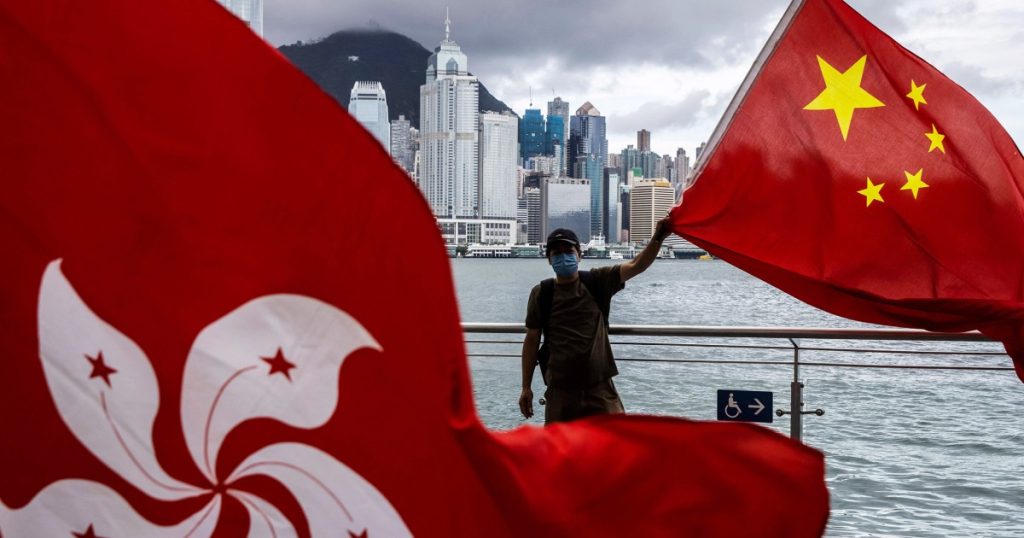The United States has strongly criticized Hong Kong’s implementation of the Article 23 law, and Secretary of State Antony Blinken announced that new visa restrictions would be imposed on multiple Hong Kong officials in response to the crackdown on dissent. The country has seen a significant decline in press freedom, dropping to 140th out of 180 countries in Reporters Without Borders’ 2023 World Press Freedom Index. Pro-democracy news outlets like Apple Daily and Stand News have been forcibly shut down, while others have relocated or closed voluntarily. High-profile trials of journalists and activists, such as Apple Daily founder Jimmy Lai, are expected to impact press freedom in the region.
Foreign news outlets, like Radio Free Asia (RFA) and Voice of America, have also faced accusations of being “anti-China” from pro-Beijing newspapers in Hong Kong. RFA, in particular, has been targeted by government officials for its coverage of events in Hong Kong in Cantonese and Mandarin. Security chief Chris Tang criticized RFA for spreading alleged false reports about the Article 23 legislation and referred to the outlet as a “foreign force.” The police also criticized RFA for an article on alleged police brutality during the 2019 protests, which quoted a former Hong Kong lawmaker living in Australia. The Hong Kong authorities have accused this lawmaker and 12 other overseas activists of national security offenses, offering bounties for their arrest.
Since the implementation of Beijing’s national security law in 2020, there has been a trend of media outlets and organizations leaving Hong Kong due to concerns about potential accusations of national security crimes. With Hong Kong’s own national security legislation in place, the threat to locally registered organizations has become even more credible. Reporters Without Borders’ Asia-Pacific bureau director, Cédric Alviani, noted that the Article 23 law increases pressure on local journalists and aims to create self-censorship. The vague and broad nature of the law leaves little room for interpretation, making it difficult for journalists to avoid falling under national security provisions.
Alviani highlighted that the broad interpretation of sensitive topics by the government leaves journalists at risk of running afoul of national security provisions, leading to self-censorship to avoid potential repercussions. The Article 23 law is seen as targeting local journalists and media organizations, creating a chilling effect on reporting in Hong Kong. The restrictions imposed on foreign news outlets, including RFA, and the government’s accusations of bias show a broader crackdown on media freedom in the region. The uncertainty and potential consequences of reporting on sensitive topics have led to a decline in press freedom and a growing atmosphere of censorship in Hong Kong.
Jennifer Jett, the Asia Digital Editor for NBC News based in Hong Kong, has been closely following the developments in press freedom in the region. With input from Abigail Williams, the challenges faced by journalists and media outlets in Hong Kong, including government crackdowns, accusations of spreading false information, and potential risks of falling under national security provisions, are highlighted. The actions taken by foreign governments, such as the United States imposing visa restrictions, show the international concern over the erosion of press freedom in Hong Kong. The future of journalism in the region remains uncertain as the government continues to tighten its grip on media freedom, leaving journalists and media organizations grappling with the implications of the Article 23 law and national security legislation.


